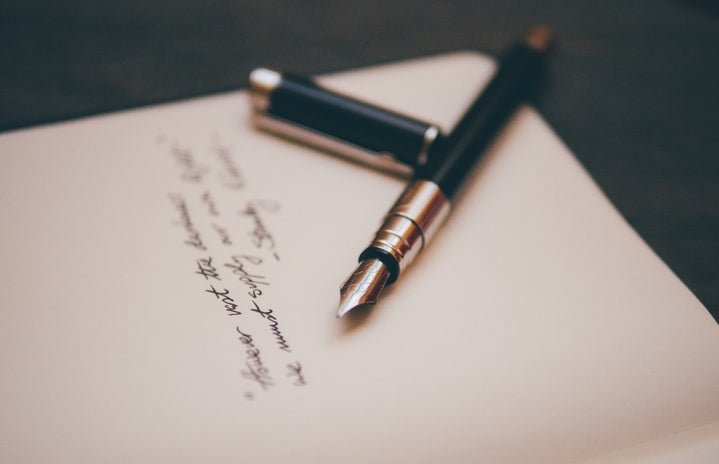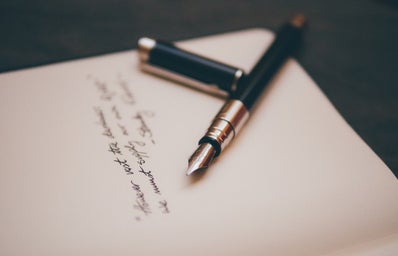229 years ago, a thick skinned James Madison designed a system of checks and balances as part of our constitutional democracy. He considered this system to be a sufficient measure of protection for the individual freedoms of American citizens. Madison believed that the newly drafted U.S. Constitution would be the sole backbone for those rights which the framers deemed essential in the dawn of a young democratic nation. Yet, through a series of convincing letters, Thomas Jefferson persuaded Madison that something more was necessary to protect the individual rights of the country’s citizens: a Bill of Rights to the Constitution. The Bill of Rights, the first ten amendments to the Constitution, explicitly outline the entitled liberties of American citizens.
Among these individual rights, such as freedom of religion, speech, assembly and petition (listed in the First Amendment), Jefferson was a chief proponent for the freedom of the press. He understood that in order to preserve a healthy and functioning democracy, a free press was an essential component. It was a free press which would keep the government accountable for their actions while allowing individuals to freely express their opinions about actions undertaken by the government. As he wrote in a letter to Marquis de Lafayette in 1823, “The only security of all is in a free press. The force of public opinion cannot be resisted when permitted freely to be expressed. The agitation it produces must be submitted to. It is necessary to keep the waters pure.”

Sadly, such claims of a wounded press hold some truth. About five hundred daily newspapers went out of business in between the years of 1970 and 2016. The rest saw drastic changes to their production, such as a decrease in news coverage, less pages printed or a total halt to print production altogether, according to the New Yorker.
In addition, the current Trump administration has, in the main, declared war on journalists who question the administration’s policies or actions. In 2017, President Trump lashed out in response to an NBC news report stating during an Oval Office meeting, ”It’s frankly disgusting the way the press is able to write whatever they want to write.” He went on to further claim, “And people should look into it.” This is only one of numerous criticisms which Trump has leveled at the press. Throughout his presidency, Trump has consistently attacked a multitude of media outlets, dubbing their work “fake news” and part of a “witch hunt” scheme to cause the destruction of his presidency. On the other hand, Fox News, a conservative news outlet, has become a favorite of the president because their work generally never criticizes his actions but instead applauds his policy decisions. Yet, the inability of Trump to accept the questioning and criticism of other media sources is precisely what Jefferson feared most – the inability to keep the waters pure.

The President’s self-created controversy on the perceived “bias” of the press has added to an increasingly significant polarization between the conservative and liberal media. This friction puts a strain on one of the most basic yet paramount tenets of traditional American journalism: objectivity. Indeed, the Society of Professional Journalists’ Code of Ethics commands reporters to “seek the truth and report it” and approach stories in an unbiased manner.
Is this fundamental tenet of “unbiased reporting” compatible in today’s society? In my opinion, it is still possible and extremely relevant. More than ever, dedicated journalists must seek out the truth, regardless of the avalanche of attacks from government officials and politicians. The ever increasing threat to our free press must be met with timely, accurate and impartial reporting. A democracy cannot survive without a free press and it is the challenge of each journalist to ensure that the truth is told by reporting what is fair and unbiased. Rather than cower in fear in response to these increasingly discordant attacks on the press, now is the time for journalists to serve the ideals of their profession and report the truth, even if that truth is not what the government wants to hear. The ability to be an effective journalist may be difficult in these times, but it is this challenge which must serve as a call to action, pushing us to not just be good, but great journalists.

While the scope of journalism is shifting, the unique role of the journalist as the “watchdog” of our society remains constant. Although more news may be garnered online or through less traditional media, the goals of a truly professional journalist will always remain the same.
From the way that Upton Sinclair exposed the unfair and unsanitary conditions of the meat-packing industry to the way that Ida Tarbell championed investigative journalism through her work on the Standard Oil Company, I aspire to be part of the next generation of great journalists that would make the original muckrakers proud.
Democracy dies in darkness—it is our responsibility to make sure that the freedom of the press remains not only free, but ethical, accurate and courageous.



